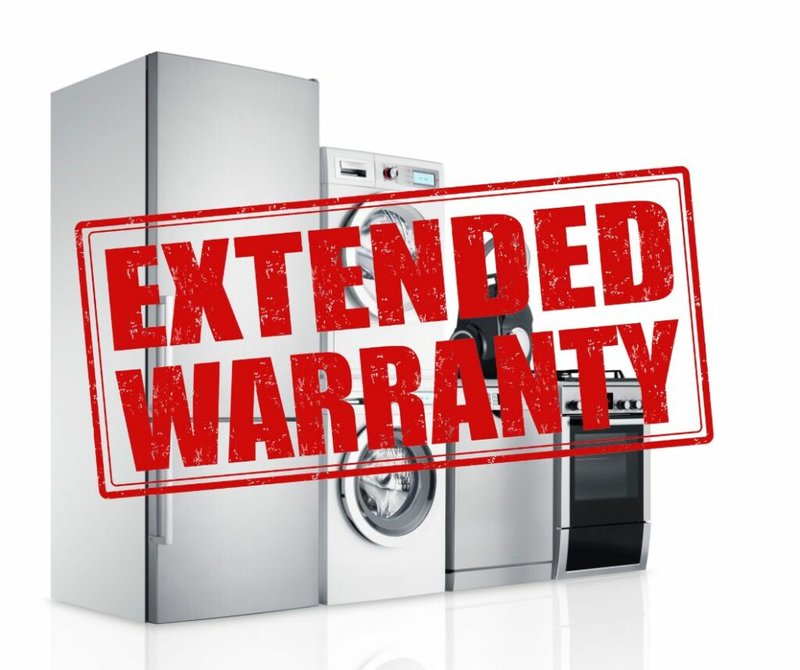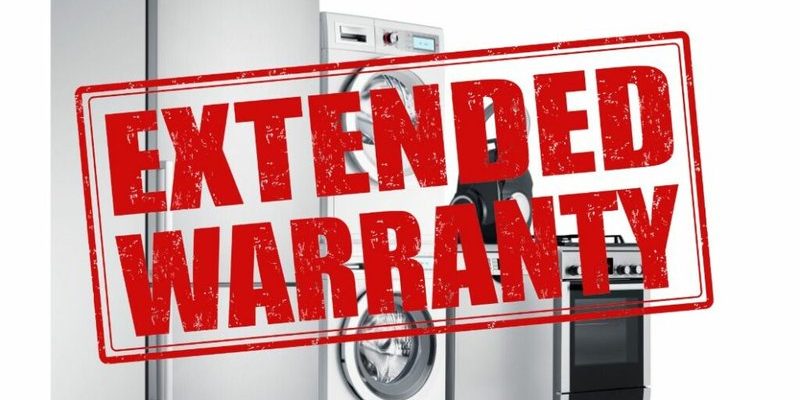
Here’s the thing: dishwashers, even high-quality ones like KitchenAid, aren’t invincible. Parts can fail, electronics might glitch, and sometimes you need a reset or troubleshooting to get everything back in sync. So, should you bite the bullet on that extended warranty, or is it better to rely on the manufacturer’s standard coverage and a bit of DIY? Let’s dig into the details and figure out if an extended warranty truly adds value for your KitchenAid dishwasher.
Understanding What an Extended Warranty Actually Covers
When you hear “extended warranty,” think of it as an extra layer of protection beyond the usual manufacturer’s warranty. KitchenAid dishwashers typically come with a one-year limited warranty that covers parts and labor for manufacturing defects. The extended warranty steps in after that year expires, covering repairs for an additional period—usually a couple of years.
But here’s the catch: these plans don’t cover everything. Often, normal wear and tear, misuse, or accidental damage are excluded. For example, if your dishwasher’s pump wears out naturally after 3 years, the extended warranty might cover fixing it. But if you jammed the rack with heavy pots and broke a rack wheel, that might be on you.
Also, some warranties might have fine print about authorized repair technicians and specific parts covered. If you try to do some troubleshooting or resetting on your own and something goes wrong, the extended plan might not cover that. So, it’s important to read the terms carefully before deciding.
Typical Repair Costs and Common Issues with KitchenAid Dishwashers
Honestly, one big reason people consider extended warranties is because appliance repairs can be pricey. With KitchenAid dishwashers, some common problems include clogged spray arms, faulty door latches, water leaks, or issues with the electronic control board—the “brain” that tells the dishwasher what to do.
Repair prices vary widely: a simple part replacement like a drain pump might cost around $150 to $250 including labor. But repairing or replacing the control board can run $300 or more. And if you add a service call fee, it gets even pricier.
Knowing these typical repair costs can help you decide if an extended warranty is worth it. If you dread surprise repair bills or don’t want to mess with troubleshooting codes and resets yourself, the peace of mind might be worth the extra cost.
How Often Do KitchenAid Dishwashers Actually Need Repairs?
You might be wondering how likely it is that your dishwasher will need repairs in the first place. According to user reviews and appliance reliability data, KitchenAid dishwashers are generally reliable and built to last at least 7 to 10 years with proper care.
Sure, occasional hiccups happen, like a sensor throwing an error code or a spray arm needing cleaning. But major breakdowns in the first few years are less common. This means some people might pay for extended warranties and never use them.
Still, if you run your dishwasher multiple times a day, or the model you chose has more advanced electronics and smart features, it’s more prone to needing a reset, troubleshooting, or even repairs. That’s when extended coverage could feel like a safety net.
What Does DIY Troubleshooting Look Like for KitchenAid Dishwashers?
Before you call a repair technician—or dip into that extended warranty—there’s usually some basic troubleshooting you can try at home. KitchenAid dishwashers often display error codes when something’s off. These codes help you pinpoint the problem.
Here’s a quick example: if your dishwasher won’t start, it might need a simple reset. Often, unplugging the dishwasher for a minute or pressing a combination of buttons can reset the control board—kind of like rebooting your computer. You can find these reset instructions in the user manual or online.
You might also need to check things like the water supply, door latch, or spray arms for blockages. Sometimes, a battery change in a smart control panel or reconnecting a remote sync can fix a glitch. These small fixes save time and money.
But if the problem is deeper—like a failing motor or electronics—DIY won’t cut it, and that’s where extended warranty coverage or professional repair comes in handy.
Comparing Extended Warranty to Other Options: Self-insuring or Third-Party Plans
Let me explain something: getting an extended warranty isn’t your only option. Some people choose to “self-insure,” meaning they skip the warranty and set aside a repair fund just in case. Over several years, this can be cheaper if your dishwasher stays healthy.
Alternatively, third-party warranty providers offer plans that sometimes cover a broader range of issues, including accidental damage, but these can be hit-or-miss depending on the company’s reputation.
Here’s a simple comparison:
| Option | Coverage | Cost | Pros | Cons |
|---|---|---|---|---|
| Manufacturer Extended Warranty | Limited to specified parts and labor after original warranty | Usually $150-$300 depending on model | Reliable repairs with authorized technicians | May exclude accidental damage; can be pricey |
| Self-Insuring | No coverage; you pay out of pocket | Save money upfront; save for repairs | Complete control; no extra fees | Risk if big repair needed; hassle of arranging service |
| Third-Party Warranty | Varies—sometimes covers accidental damage | Varies, often competitive | Potentially broader coverage | Variable service quality; possible claim denials |
Thinking through how comfortable you are with troubleshooting, paying surprise bills, or wanting peace of mind will help make this choice clearer.
When an Extended Warranty Definitely Makes Sense
So, what about those situations where the extended warranty is a no-brainer? Imagine you’ve dropped a good chunk of cash on a high-end KitchenAid dishwasher with fancy smart features, a color touchpad, or Wi-Fi syncing capabilities. These advanced components can be more expensive to fix.
If you’re not tech-savvy or comfortable troubleshooting error codes or resets, having coverage can save stress. Plus, if you live far from appliance repair centers or the cost of repair calls tends to be steep in your area, an extended warranty can be a practical choice.
Also, if you plan to keep the dishwasher for over five years, the chances of something needing repair rise, so that extra coverage might pay off.
When You Might Skip the Extended Warranty
On the flip side, if you bought a more basic KitchenAid model or you’re handy with a little troubleshooting—like diagnosing error codes or performing resets—you might never use the extended warranty. Maybe you already have some experience fixing household gadgets or you don’t mind calling a trusted local repair service if needed.
Dishwashers are fairly straightforward machines, and with regular maintenance like cleaning filters and spray arms, many owners enjoy trouble-free washing for years. Plus, KitchenAid has a strong reputation for solid build quality.
If you’re the type to save for repairs and feel comfortable checking your dishwasher for issues before they get worse, skipping the warranty could save you that upfront fee.
Bringing It All Together: Should You Get the Extended Warranty?
Here’s the bottom line: deciding if an extended warranty is worth it for your KitchenAid dishwasher depends on how you weigh risk versus peace of mind. If you’re cautious, prefer avoiding surprises, and value having authorized repairs done without hassle, that warranty can feel like a safety net.
But if you’re a bit of a DIY-er, financially prepared to handle repairs, and confident in basic troubleshooting like resets or syncing smart controls, you might find the extra cost unnecessary.
Like a coffee date chat, this boils down to your personal comfort level and how you use your appliance. And remember, sometimes the best warranty you get is simply keeping your dishwasher clean, sharp, and well-loved.
So, whether you decide to extend your warranty or not, your KitchenAid will thank you for the care—and hopefully keep those dirty dishes sparkling for years to come.
